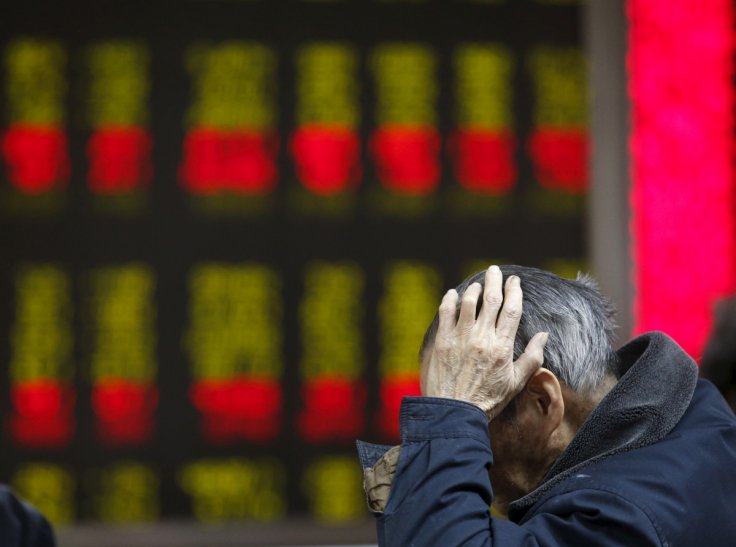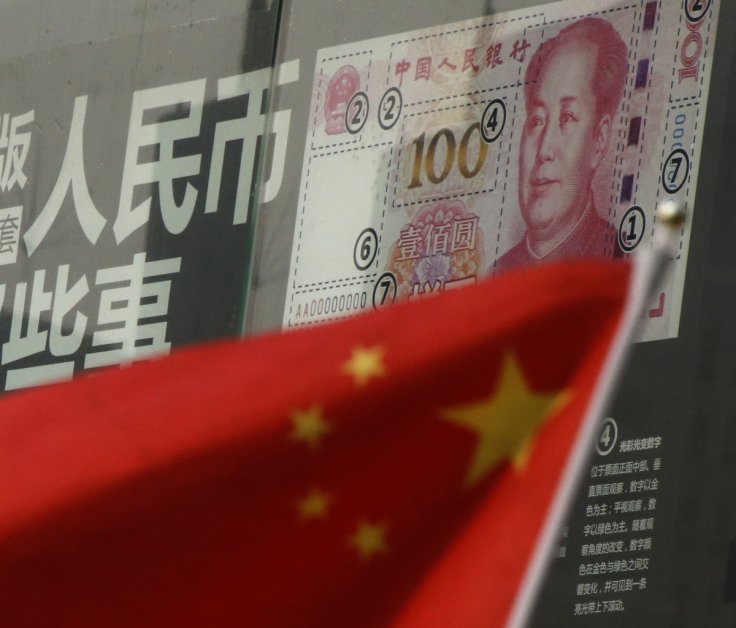Reports from China suggest that the word stock market' has been banned or censored on the social media. While media suppression and extreme form of censoring are not new in China, the latest development has come in the backdrop of an unprecedented stock market rout in the country.
The apparent censoring came after China's benchmark CSI 300 Index plunged as much as 14 percent in the span of 14 trading days. The steep fall from the 13-year high erased as much as $1.3 trillion of investor wealth.

Bloomberg reported that on Weibo, a search for Chinese equivalent of 'stock market' returned no results on Wednesday. However, Weibo users could make posts using the word stock market. The report also says that searches for words that mean "plunge," "A-shares" and "stocks" were successful on Weibo, the Twitter-like platform that has more than half a billion active users.
The report also says that China's major financial newspapers did not publish stories on the market plunge on their front pages. The newspapers instead gave big play to the news about President Xi Jinping making announcements about national defense.
It's not uncommon that the Chinese media banners exercise restraint in dealing with, or skirting the impact of, negative market developments. In 2019 China's pink dailies ran stories of imminent market turnaround in the aftermath of a decline caused by President Donald Trump's imposition of bigger tariffs on China's exports.
Longest Losing Streak in Three Months
However, the straightforward banning of a key search word on social media in an apparent effort to stem a market rout appears to be a stretch.
China market plunge extended into a fourth straight day on Tuesday, marking the longest losing streak in three months. The CSI 300 Index dropped 2.2 percent, touching the lowest level since December 22. The index, which tracks the biggest entities in Shanghai and Shenzhen has lost 8.8 percent in the latest rout.

Even though state-backed entities were rumored to be stepping into shoe up equities and foreign funds, the decline continued.
The Shanghai Composite fell for a fourth day on Tuesday, losing 1.8 percent, while the Hang Seng Index has dropped around 7.4 percent so far, dragged by tech bellwethers.
Why is China Stock Market Falling?
There are concerns among the market participants that the China Communist Party government will pare down the Covid-direct stimulus measures gradually during the rest of the year. They fear that policymakers will try to rein in property prices in order to prevent an asset bubbles. There are also fears about stricter controls being enforced on the booming tech sector.

The markets are apprehensive that the ongoing meeting of the party elites in Beijing will announce policy key directions that may pull down the market. In another indications of the government's growth projections, Premier Li Keqiang said last week the economy could post around 6 percent growth in 2021.
The comparatively low target was a clear indication to the market that the government was intent on cutting back on stimulus measures and government bailouts.








